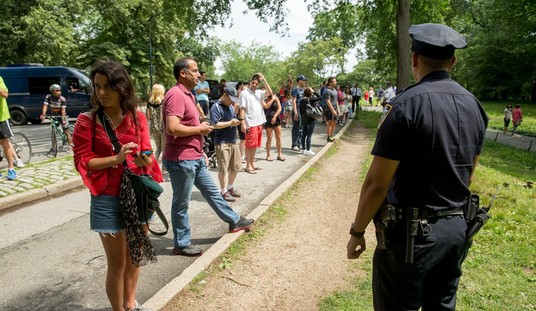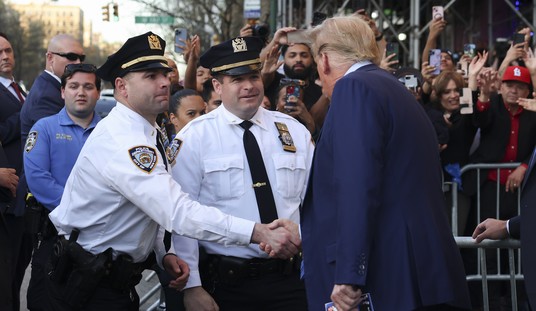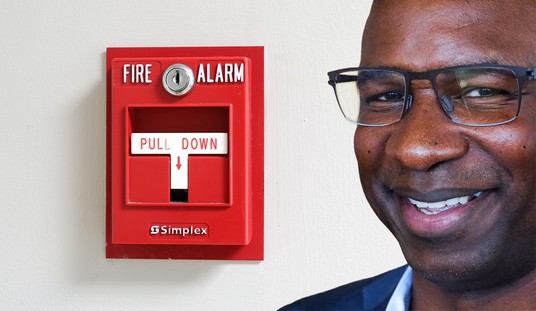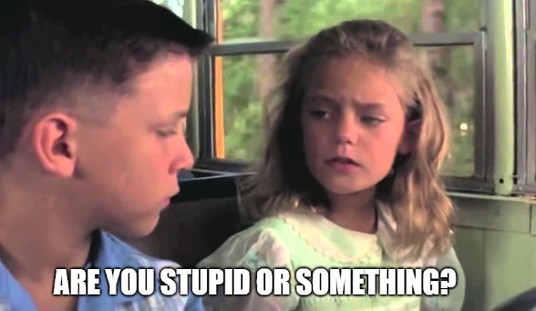As the nation honors our fallen troops this holiday weekend, florists are working overtime to do their part and share a bit of history on Twitter about time-honored Memorial Day traditions:
Wreaths for memorial day http://t.co/r8VE3hMr
— Broadway Florist (@mooreflorist) May 26, 2012
Placing wreaths at the Transylvania County Courthouse for Memorial Day. #whitesquirrel @ Brevard NC http://t.co/jCQ65FDS
— Tyler J. McCall (@tylerjmccall) May 26, 2012
Memorial Day Foundation has decorated the Navy Memorial with bouquets of red, white & blue flowers every Memorial Day pic.twitter.com/aCzKjbPQ
— US Navy Memorial (@NavyMemorial) May 25, 2012
Did you know that these cute little flowers called RED POPPIES are recognized as the Memorial Day flower? Beautiful! pic.twitter.com/ZQ7YI38n
— Royal Fleur Florist (@RoyalFleur) May 27, 2012
A special flower for a special day: By BILL HAYES, Columnist Many of our holidays have flowers associated with t… http://t.co/7eyQhjKX
— Mike Hudson (@hudsonmike52) May 27, 2012
Many of our holidays have flowers associated with them. Christmas has the poinsettia. The red and white flowers designate blood and purity. Mother’s Day has the carnation. It was a tradition to wear a red carnation if your mother was living or a white one if she had passed away. We don’t see that tradition much anymore but, in my childhood, it had a strong effect on me. This week, we celebrate one of our most important national holidays. We honor the members of our military for debts that we can never repay. On Memorial Day we honor them by wearing another flower in our lapels, the poppy.
In 1868, following the Civil War, Gen. John Logan, national commander of the Grand Army of the Republic, proclaimed that May 30, 1868, be designated as a day to honor the dead of both Union and Confederate armies. The South refused to acknowledge the day, honoring their dead on separate days until after World War I (when the holiday changed from honoring just those who died fighting in the Civil War to honoring Americans who died fighting in any war). In 1915, Col. John McCrae, a Canadian doctor, stood on the edge of a makeshift cemetery after a fierce battle. He viewed the graves and noticed that poppies were blooming as far as he could see. In 20 minutes he composed one of the most poignant poems ever written about war and death, “In Flanders Fields.” He actually threw the poem away thinking that it was not significant. A fellow officer picked it up and mailed it to a London newspaper where it was rejected. Another paper got hold of it and published it on Dec. 8, 1915.
In Flanders Fields
In Flanders Fields the poppies blow
Between the crosses row on row,
That mark our place; and in the sky
The larks, still bravely singing, fly
Scarce heard amid the guns below.
We are the Dead. Short days ago
We lived, felt dawn, saw sunset glow,
Loved and were loved, and now we lie
In Flanders fields.
Take up our quarrel with the foe:
To you from failing hands we throw
The torch; be yours to hold it high.
If ye break faith with us who die
We shall not sleep, though poppies grow
In Flanders fields.Under Creative Commons License: Attribution




























Join the conversation as a VIP Member